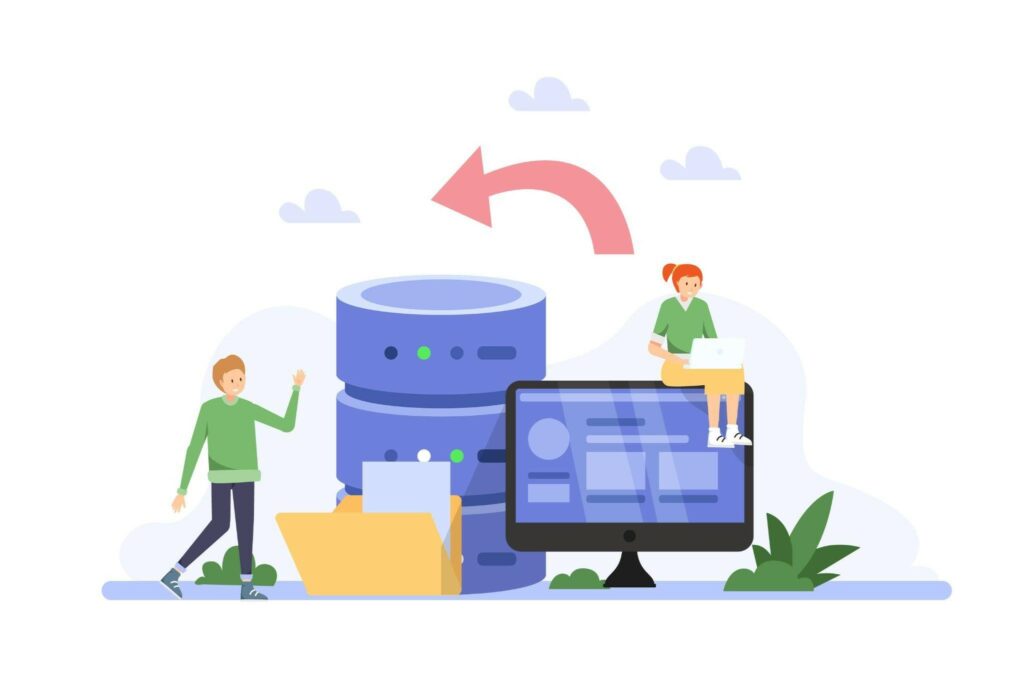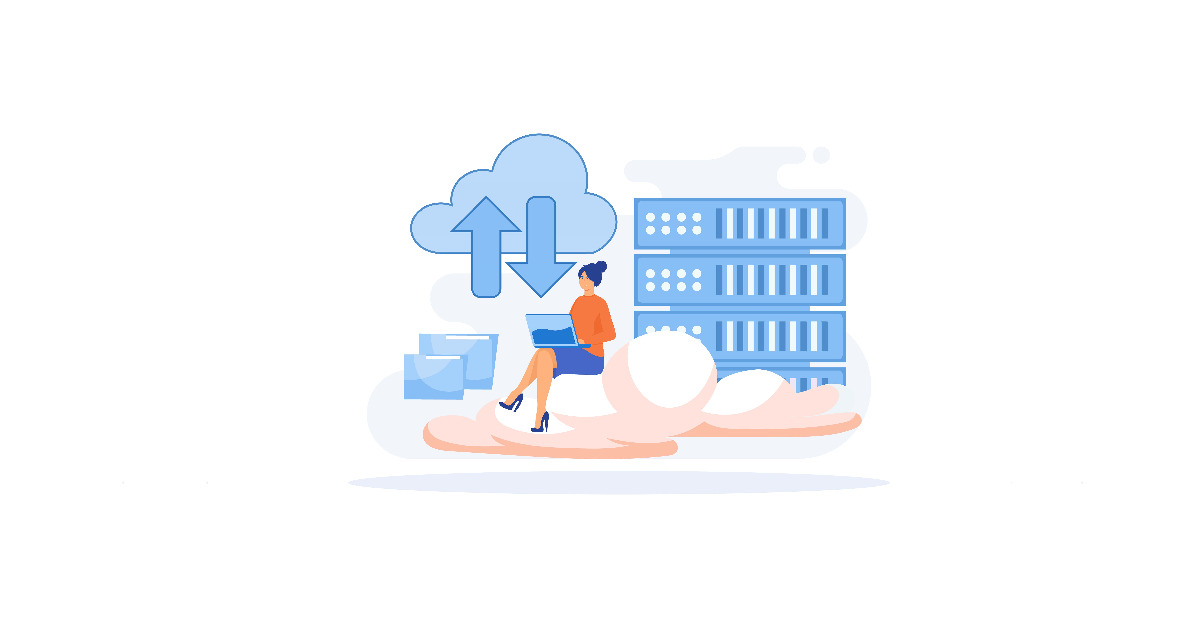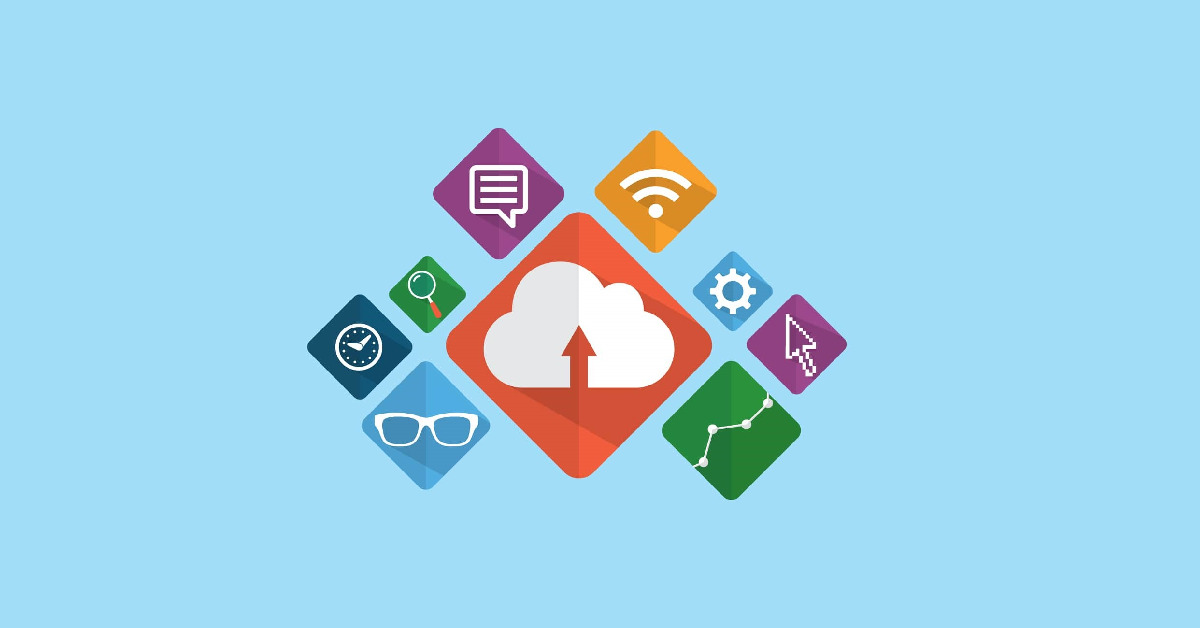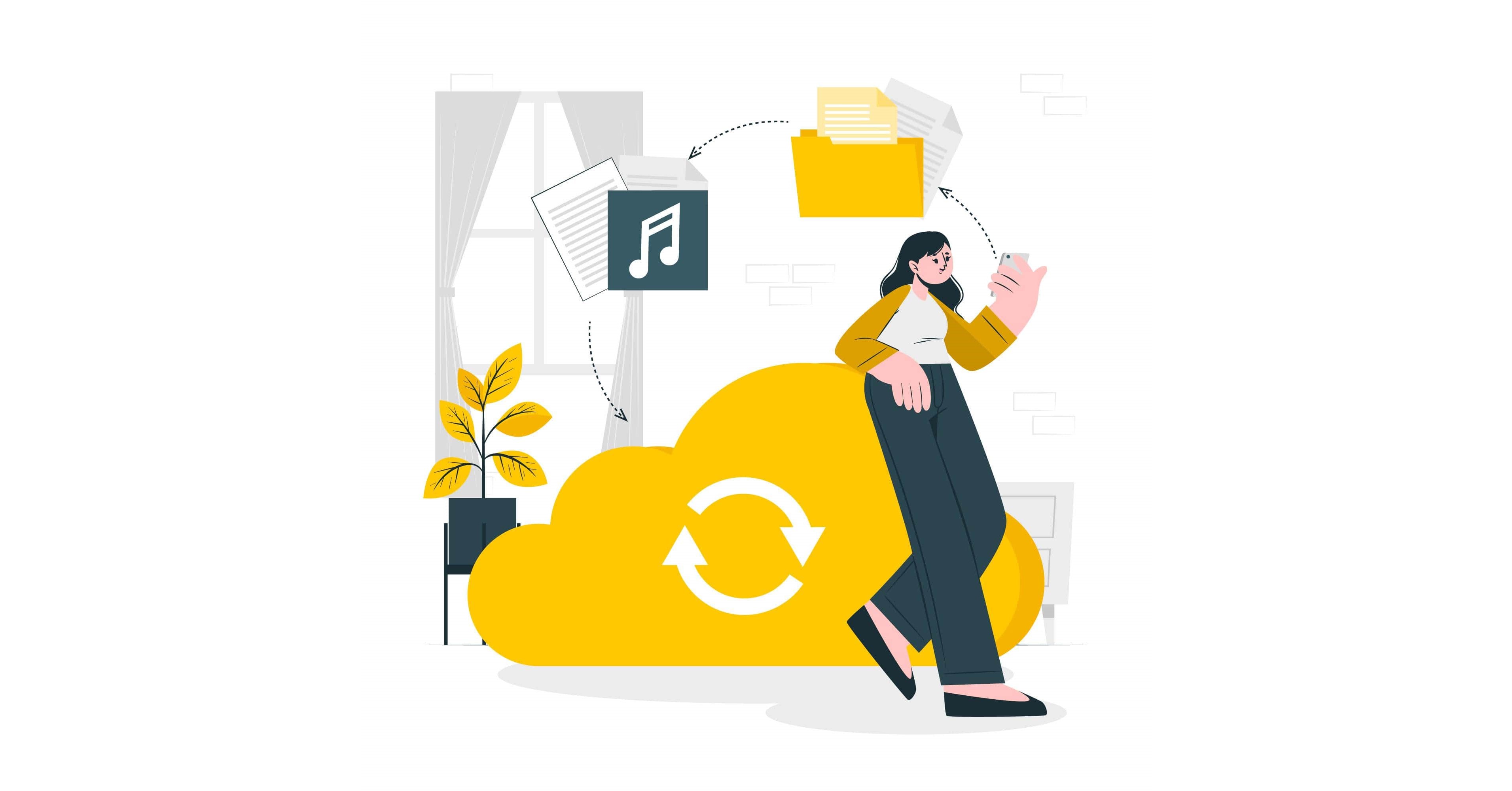In the ongoing debate of ‘cloud backup vs local backup‘, Malaysian businesses in the digital realm have a crucial decision to establish a failsafe data backup strategy, as data serves as their backbone.
This discourse aims to dissect the pros and cons of each backup approach. Both approaches offer a nuanced perspective to aid organisations in fortifying their data protection measures and navigating their backup options.
Cloud Backup vs Local Backup: Understanding the Differences
Cloud backup is characterised by the use of remote servers for data storage. It offers a modern solution for businesses seeking off-site data protection.
This approach leverages third-party service providers’ infrastructure, providing a scalable and secure environment for business data.
Conversely, local backup, the traditional method of data storage, involves keeping data on physical devices within the business premises.
This method allows direct control over the backup process, appealing to organisations with specific data storage requirements.
Pros of Cloud Backup
Here are some compelling benefits of cloud backup for businesses:
1. Cost Efficiency
Firstly, when comparing cloud backup vs local backup, cloud backup gains the upper hand by significantly reducing the need for large-scale investments in physical hardware.
It is often offered as a subscription-based model that scales with the needs of a business.
This approach minimises initial outlays and converts capital expenses into more manageable operational costs. Therefore, cloud backup is an economically viable option for enterprises of varying sizes.
2. Resilient Disaster Recovery
Furthermore, the strategic placement of data in off-site cloud storage facilities ensures that businesses can maintain continuity even when faced with natural disasters.
This setup mitigates the risk of data loss due to local catastrophes, thereby bolstering businesses’ operational resilience in challenging times.
Read More: 5 Reasons to Choose DRaaS For Your Business in Malaysia
3. Enhanced Security Measures
Moreover, cloud service providers implement state-of-the-art encryption and security protocols to safeguard the data stored on their platforms against unauthorised access and breaches.
This commitment to data security offers peace of mind to businesses, particularly those dealing with sensitive or confidential information.
Cons of Cloud Backup

On the other hand, these are the aspects that should be kept in mind when choosing cloud backup:
1. Potential Restoration Delays
The process of retrieving data from the cloud can be influenced by the amount of data involved and the bandwidth available, potentially leading to delays.
Thus, these delays can pose significant challenges for businesses that require swift access to their data for operational continuity.
2. Dependence on Providers
Additionally, navigating the complexities of cloud service agreements requires businesses to meticulously evaluate the terms set forth by providers, including:
- Data access
- Storage limitations
- The implications of contract termination
This dependency introduces an additional layer of management and potential risk to the data backup strategy.
Read More: Data Backup vs Data Archiving: 5 Major Differences To Know
Pros of Local Backup
There are several reasons why you may want to opt for local backup vs cloud backup:
1. Quick Data Recovery
Firstly, the advantage of local backup systems lies in their ability to facilitate rapid data retrieval. This feature is critical to minimising operational downtime following data loss incidents.
This immediacy is particularly crucial for businesses with large data repositories, where time is of the essence in recovery scenarios.
2. Physical Control and Security
Additionally, local backup solutions allow businesses to exert direct physical control over their data storage, allowing for the implementation of rigorous security protocols.
This control extends to who can access the data, providing an added layer of security against unauthorised access and potential data breaches.
Read More: In-house vs Cloud Recovery in Malaysia: Which is Better?
Cons of Local Backup

However, there are a few drawbacks to keep in mind when choosing local backup for a business:
1. Vulnerability to Physical Damage
Firstly, storing data on local backup systems exposes businesses to the risk of data loss in the event of physical damage caused by natural disasters or other catastrophic events.
This vulnerability underscores the importance of off-site data protection measures in a comprehensive backup strategy. Hence, when it comes to this aspect of the cloud backup vs local backup comparison, the former comes on top.
Read More: Secure Hard Drive Disposal: 4 Important Things to Remember
2. Target for Cyberattacks
Secondly, integrating local backup systems within the primary network infrastructure can render them susceptible to cyber threats.
Attackers who gain access to the network might compromise the backups, leading to potential data loss or ransom demands. This scenario, then, can jeopardise the security and integrity of business data.
3. Scalability Challenges
Lastly, as businesses expand, the need to scale their local backup infrastructure can become a daunting and financially burdensome endeavour.
The process often involves significant investments in additional hardware and resources. Also, considering the logistical challenges of integrating new systems into the existing setup, it can take much work.
Read More: Deciphering RTO and RPO: Key Metrics in Disaster Recovery Planning
Aegis’s Robust Cloud Backup For Businesses
To conclude, in weighing the merits of cloud backup vs local backup, businesses in Malaysia can make informed decisions that align with their data protection strategies.
Whether opting for the scalability and security of cloud solutions or the control and rapid recovery offered by local backups, the paramount objective remains to safeguard business data against all threats and disruptions.
As the leading cloud service provider in Malaysia, Aegis delivers customised cloud backup solutions that address the specific needs of Malaysian SMEs, ensuring a seamless and successful set-up or migration to cloud backup.
So, reach out to us to discover more about our robust cloud backup services and how we can assist your business in flourishing in the digital age. Step into the future with Aegis!












